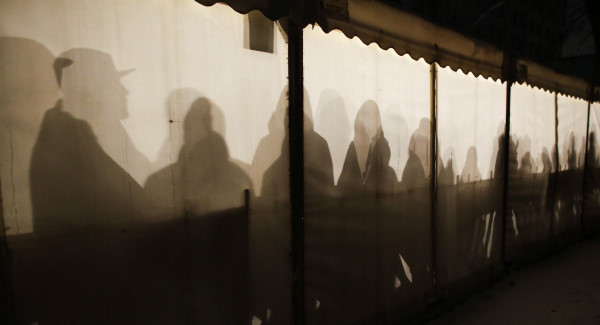Ireland and other EU countries could be forced to take in extra refugees from fellow member states facing “crisis” levels of refugees under reforms set to be discussed in March, writes Fiachra Ó Cionnaith, Political Correspondent, in Brussels.
Officials confirmed the move tonight at a meeting in which they also agreed to ask controversial Turkish president Recep Tayyip Erdogan to attend a separate asylum conference during the same period.

While the existing migration system will remain in place in most circumstances, if the situation in Greece and Italy is repeated, an emergency relocation deal will see extra quotas for other member states to ease pressures.
The move will be mandatory as it is under the Dublin convention, but is likely to be opposed by Hungary, Poland and other member states.
The potential change will be debated in detail at the European Council meeting in March, alongside six other likely reforms of the migration system.
They will include the establishment of a EU asylum agency, finger-print checks to ensure people seeking refugee status in one nation have not previously been rejected elsewhere, increased reception camp standards and voluntary resettlement proposals for individuals already in the EU.
The migration system discussion will also coincide with a linked asylum conference to be attended by President Erdogan, who has been the subject of repeated concerns in recent months due to his hard-line and at times violent suppression of opposition political groups.
While the Turkish president is considered highly controversial, his country – which is seeking EU membership but which officials said is far away from this occurring – is key to address the refugee crisis.
EU officials said that the migration reform proposals were influenced by an impassioned speech by a survivor of Aleppo to the Council yesterday.
However, while passing requests to ensure the safety of civilians and medics in Syria, the Council has not sought tougher measures against Syria or Russia.


